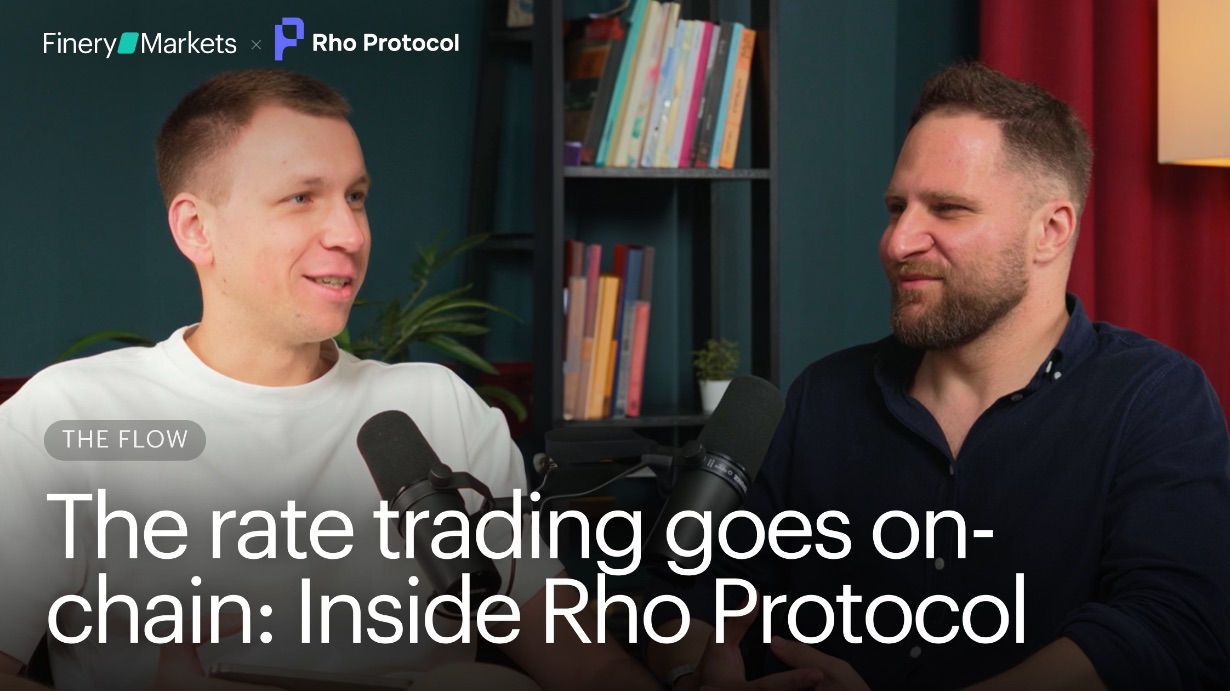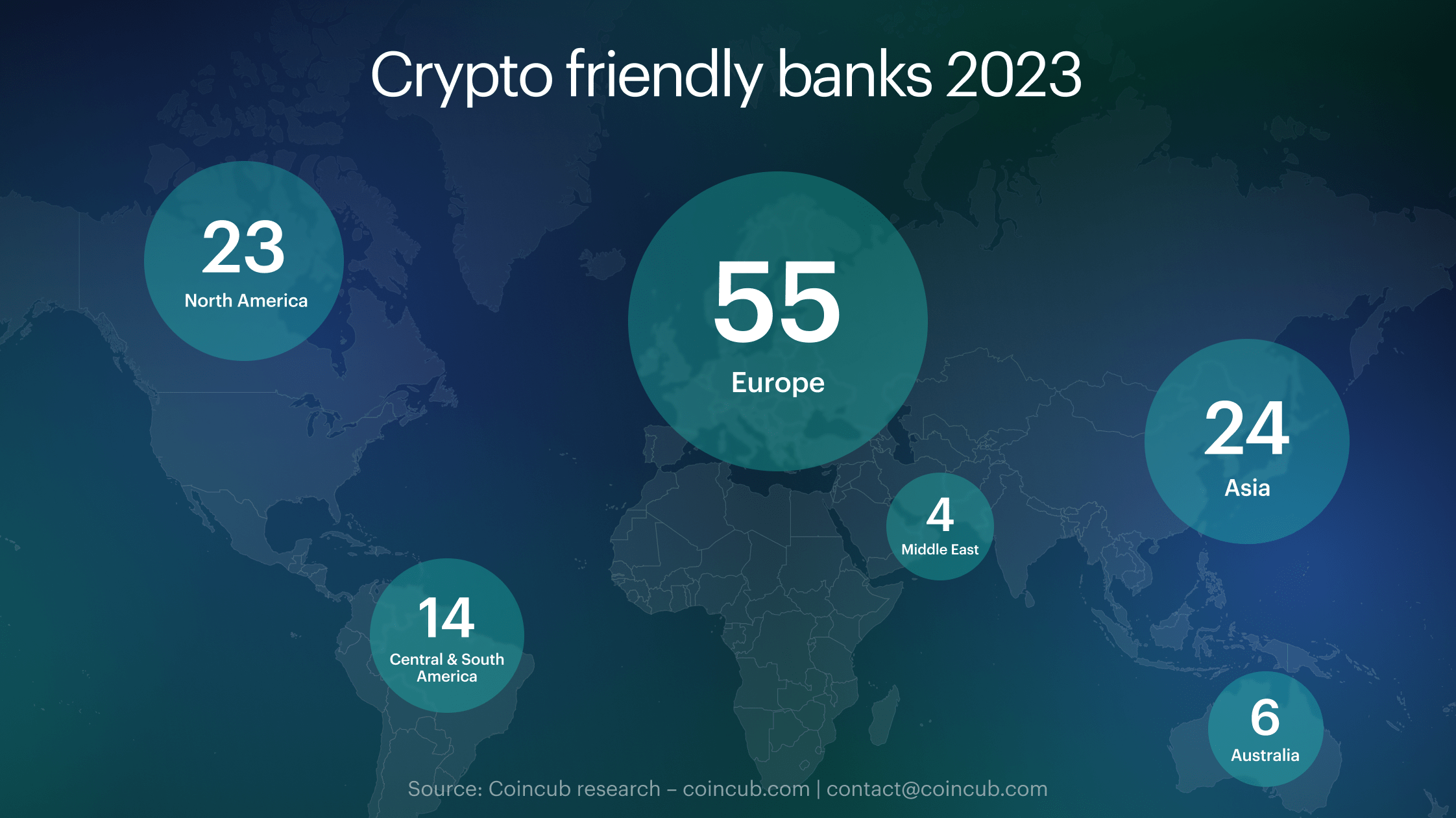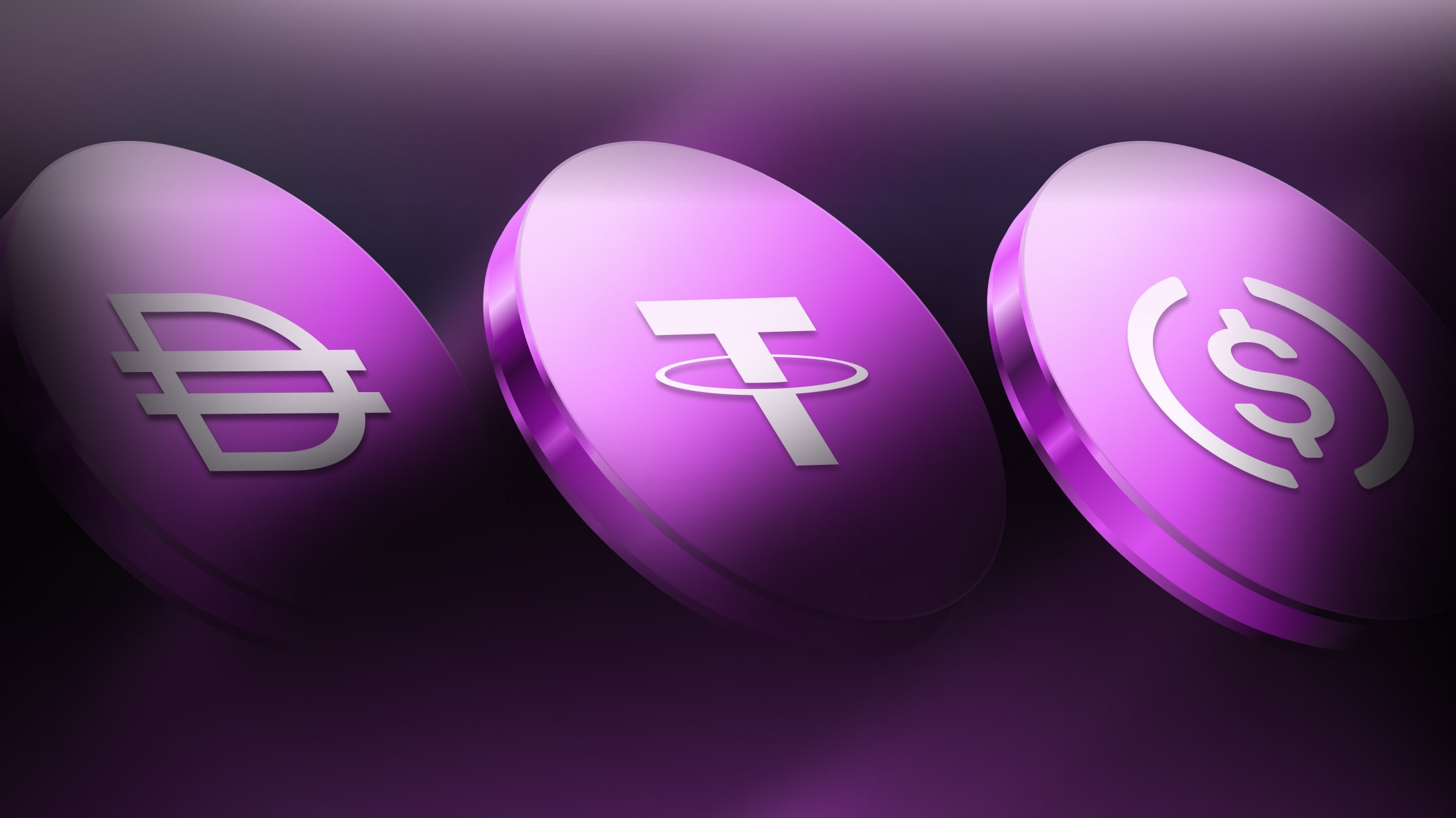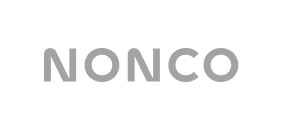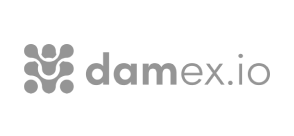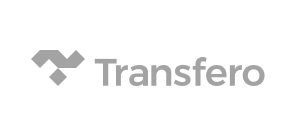
Finery Markets is introducing a hybrid ECN to the world of digital assets. This ECN type, which combines order-driven and quote-driven markets, is an established best practice in traditional capital markets, where the merging of both models has demonstrated its benefits over the years.
Many global stock exchanges, including the New York Stock Exchange (NYSE), NASDAQ, London Stock Exchange (LSE), and Deutsche Boerse, have adopted hybrid market models that blend electronic order books with the presence of market makers. This hybrid approach leverages the strengths of both order-driven and quote-driven systems to enhance market efficiency, liquidity, and price discovery.
Order-driven and quote-driven markets are distinct execution systems that determine how buyers of digital assets are matched with sellers, and vice versa. In this article, we will explore the definitions, advantages and potential limitations of each model.
What Is an Order-Driven Market?
An order-driven market is a trading system where all participants can submit their orders at any time while the markets are open, and openly display their buy and sell orders for a specific asset. This market design contrasts sharply with quote-driven markets, where prices are provided exclusively by specialized market makers.
In an order-driven market, participants submit either market orders, which seek immediate execution at the best available price, or limit orders, which specify a price and quantity at which they’re willing to trade. By default, there are no designated liquidity providers; instead, the market’s liquidity depends on the aggregated orders of its participants.
One of the primary benefits of an order-driven market is its transparency. Investors have access to the entire order book, which is an electronic ledger showing all current buy (bids) and sell (asks) orders for an asset, including the quantities at each price level. This visibility allows traders to see not just the prices but also the volume of assets available at those prices.
In certain scenarios, order-driven markets can face challenges with liquidity. Unlike quote-driven markets, which often have dedicated market makers ensuring continuous trading, order-driven markets rely on the orders placed by participants, which can lead to less consistent liquidity depending on market conditions and volatility.
Is Finery Markets ECN an order-driven market?
Trades on Finery Markets, whether via FM Marketplace or FM Liquidity Match, occur between liquidity providers and institutional liquidity takers. However, not all platforms or trading relationships operate in the same way. One key difference lies in price execution and whether prices are fixed ('firm') or subject to ‘last look’. A key feature that sets Finery Markets apart in the crypto space is its no last look execution. Unlike other ECNs in the crypto market, Finery Markets has “firm pricing", which means that the price given to the client by the liquidity provider (LP) is the exact price they can trade at, without needing to confirm or adjust the quote after agreeing to it. This execution process is similar to a central limit order book (CLOB), where both FM Marketplace or FM Liquidity Match provide a combined order book for clients. This allows them to interact with multiple liquidity providers (LPs) in one place, helping to reduce infrastructure and back-office expenses.
What Is a Quote-Driven Market in crypto?
A quote-driven market is characterized by prices set by liquidity providers who offer bid and ask prices for digital assets. This model is common in markets for assets like bonds, currencies, and certain digital commodities.
However, most bilateral crypto platforms and ECNs use a "last look" process, which involves holding trade requests for a short period—ranging from milliseconds to hundreds of milliseconds—before finalizing them. This practice allows Liquidity Providers (LPs) to have the final say in accepting or rejecting a trade request, giving them flexibility and protection.
When a trade request is received on a platform with a last look feature, the LP can choose to hold the request briefly, complete the trade at the quoted price, propose a new price (requote), or reject the trade altogether. These actions introduce some uncertainty for liquidity takers regarding the execution and pricing of their transactions, often leading to a deterioration in execution quality during fast markets.
Understanding a Quote-Driven Market
In a quote-driven market price-driven and request-for-quote (RFQ) market, all transactions are typically channeled through specific liquidity providers. Traders can either accept the counterparties’ quotes or attempt to negotiate better terms.
The LPs are responsible for maintaining market liquidity and can trade with each other or with clients. This system ensures that trades are executed at quoted prices. It often offers deeper liquidity at certain price levels compared to order-driven markets, but with less transparency about the underlying orders and certainty of execution.
Liquidity providers may choose not to execute trades for certain clients, often due to specialization or market conditions. This selective execution underscores the difference between quote-driven and order-driven markets.
![]()
Two models, one platform
On Finery Markets, the RFQ feature complements the "firm liquidity" available in the order book. It can be accessed via a user interface (GUI) or an API, allowing users to request quotes from multiple liquidity providers (LP) simultaneously. This multi-quote feature enables users to compare prices in real-time and decide whether an RFQ or a regular order-book transaction is more advantageous.
We recommend using RFQ for trading large volumes that might significantly impact market prices if traded through the order book, or for illiquid assets that lack a continuous market.
At Finery Markets, we believe that a hybrid trading model (firm order-book and RFQ offers the best of both worlds. It combines the transparency and execution certainty of order-driven systems with the deep liquidity and minimal market impact of quote-driven models.



